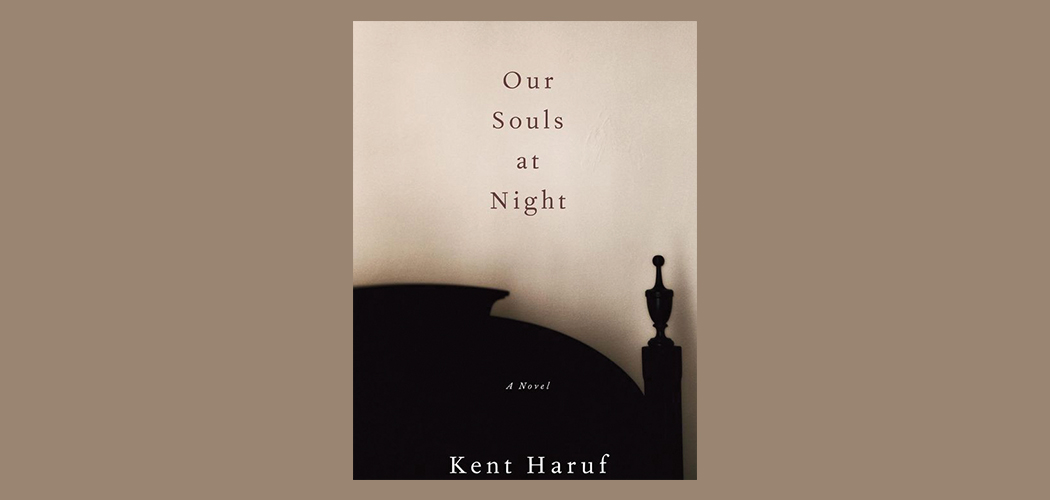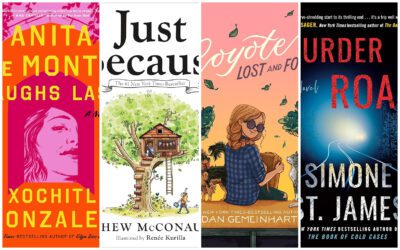[title subtitle=”review: Marla Cantrell”][/title]
It was with great sadness I started reading Our Souls at Night, not because I expected the book to be morose, but because it is the last book Kent Haruf will ever write. The award-winning author died in November of 2014 at the age of seventy-one, and this book was released earlier this year.
It is set, as all his novels are, in the fictional town of Holt, Colorado. This time, he followed the lives of Addie Moore and Louis Waters. Both are seventy. Both have lost their spouses. Both are lonely.
The two are neighbors living a few houses apart on Cedar Street. They know of each other, but nothing more. That is, until Addie shows up at Louis’ house. She tells him she’s tired of being alone, and makes this plea: “We’ve been by ourselves for too long. For years. I’m lonely. I think you might be too. I wonder if you would come and sleep in the night with me. And talk.”
The proposal doesn’t involve anything physical, just companionship. But it does change everything about their lives, after Louis is seen several mornings in a row leaving Addie’s house. Townspeople gossip, heads turn when the pair shows up at their favorite diner, and their lives, which seemed minimal before they got together, suddenly become interesting.
It would have been easy for Haruf to make this a sweet love story, showing that we are essentially the same whether we’re seventeen or seventy. But the story of Addie and Louis does not end simply. The two are tested, first, when Addie’s grandson comes to stay, and later when her son begins to cause trouble.
Big questions surface. What would you give up to be with someone you love? How would you choose between family obligations and the life you’ve always dreamed of? And what do those choices mean about the person you are?
As I read, I thought about Haruf, and how he wrote this novel knowing he was dying. There is a quickness about it, an urgency, and you find yourself turning the pages swiftly, needing to know what’s going to happen next. He’s a sparse writer, even forgoing quotation marks around the dialogue. He doesn’t use the usual tags of “Louis said,” or “Addie said.” Instead he puts their conversations on the page and lets the reader drop into their world. Seamlessly.
Toward the end of the book, Louis tells Addie: “You have been good for me. What more could anyone ask for? I’m a better person than I was before we got together. That’s your doing.”
That’s a great message to take away. Being kind, helping those who are lonely or stuck or sad, makes all the difference. Haruf knew it, and he thought it was so important, he spent his last days making sure you knew it too.




